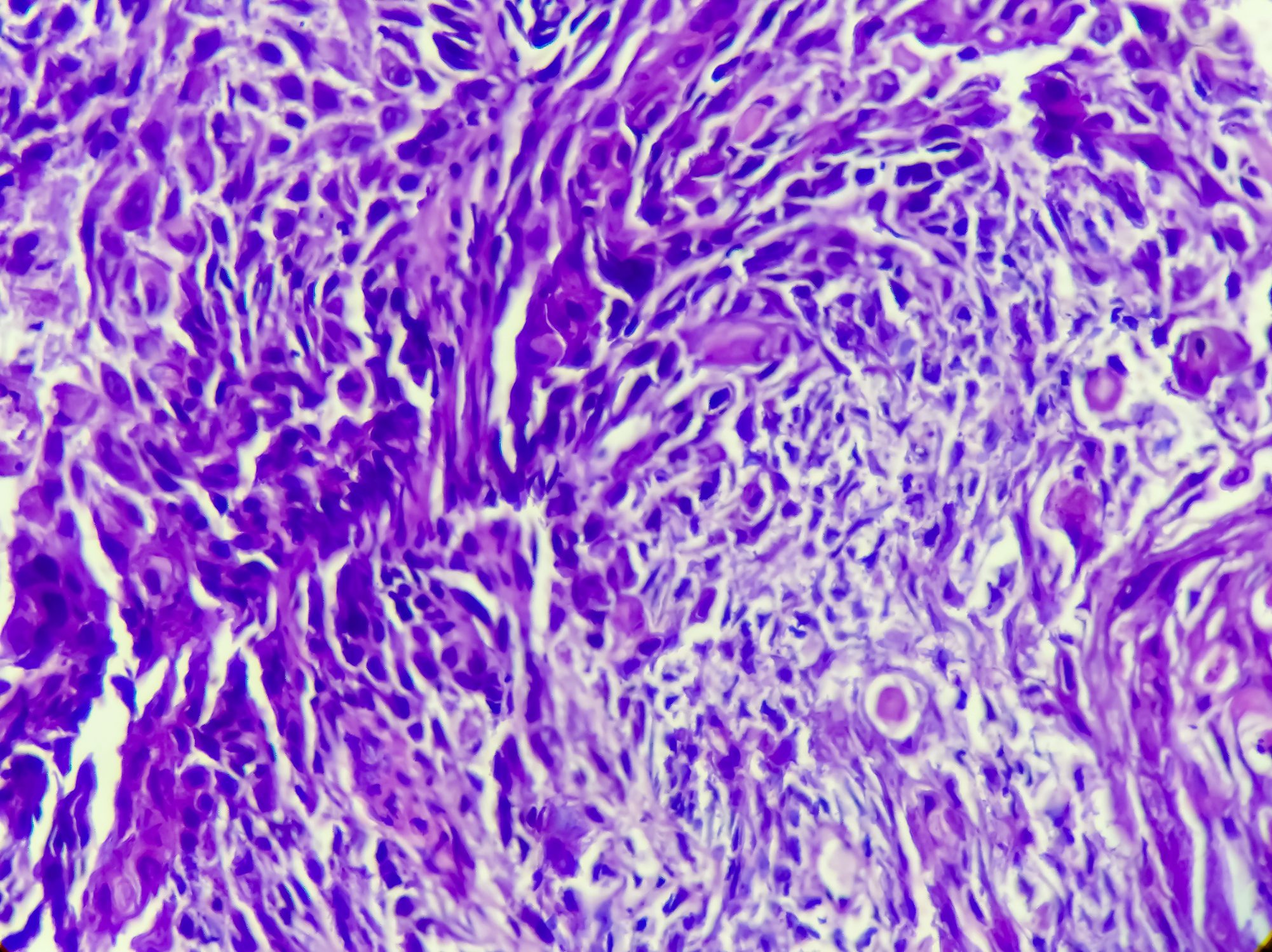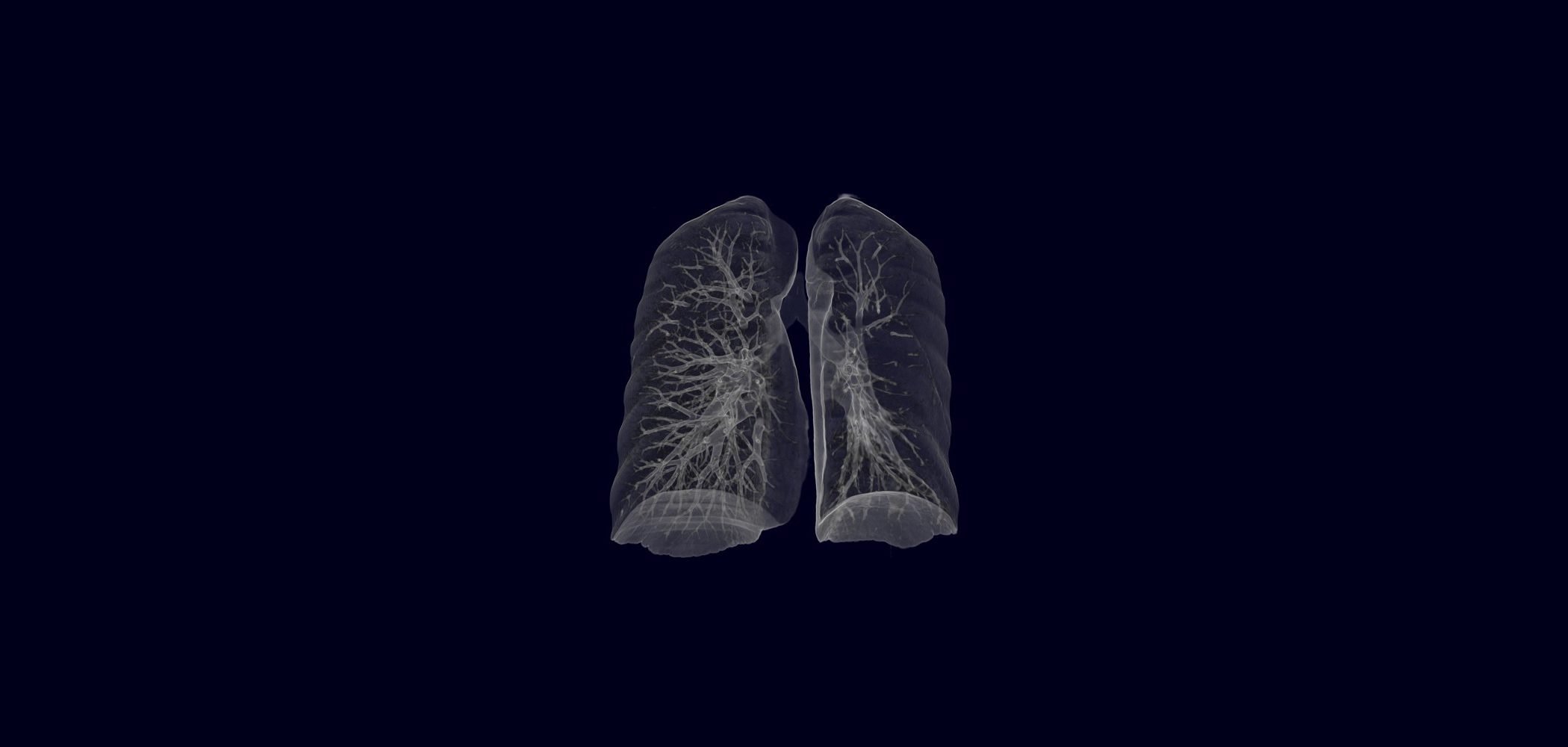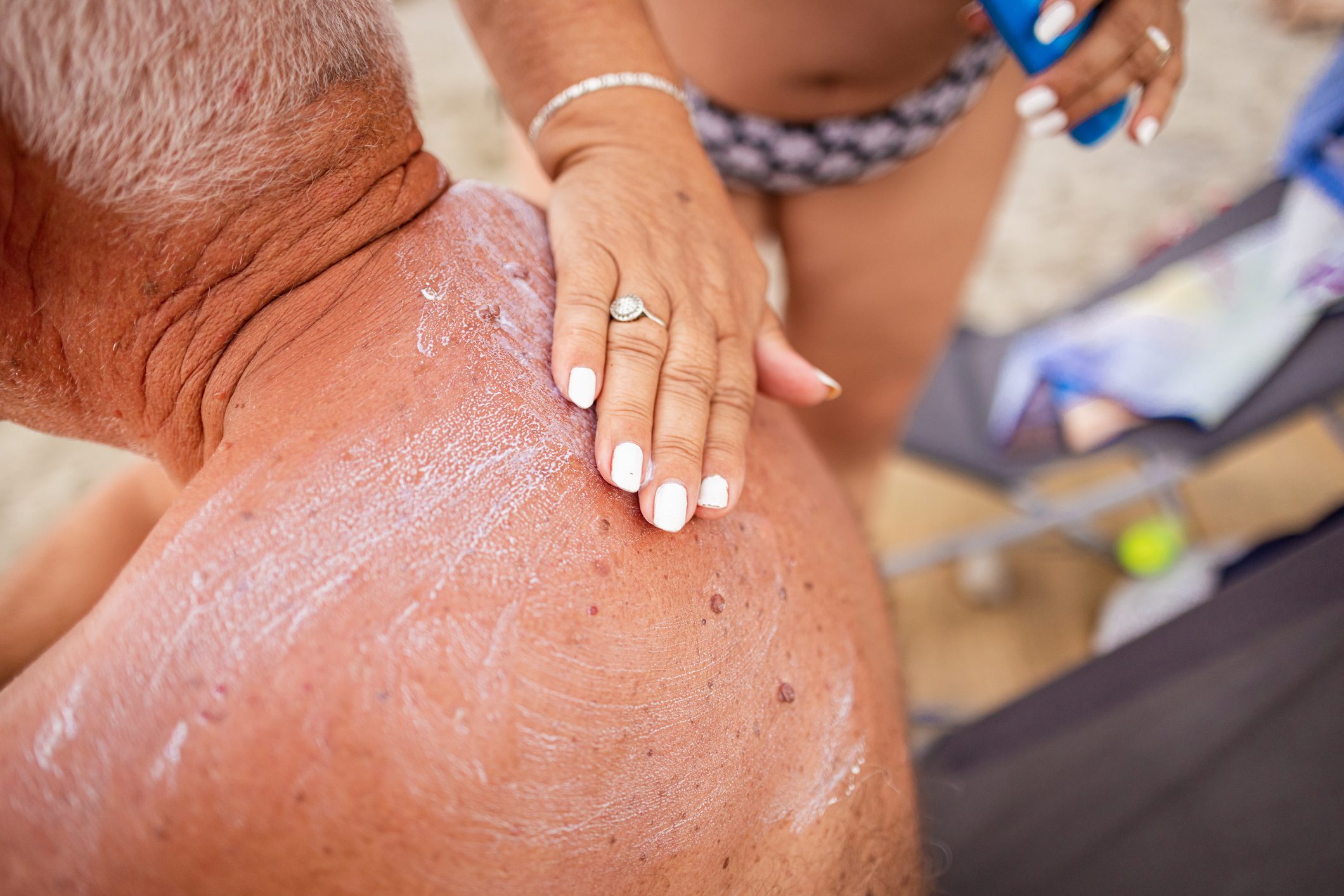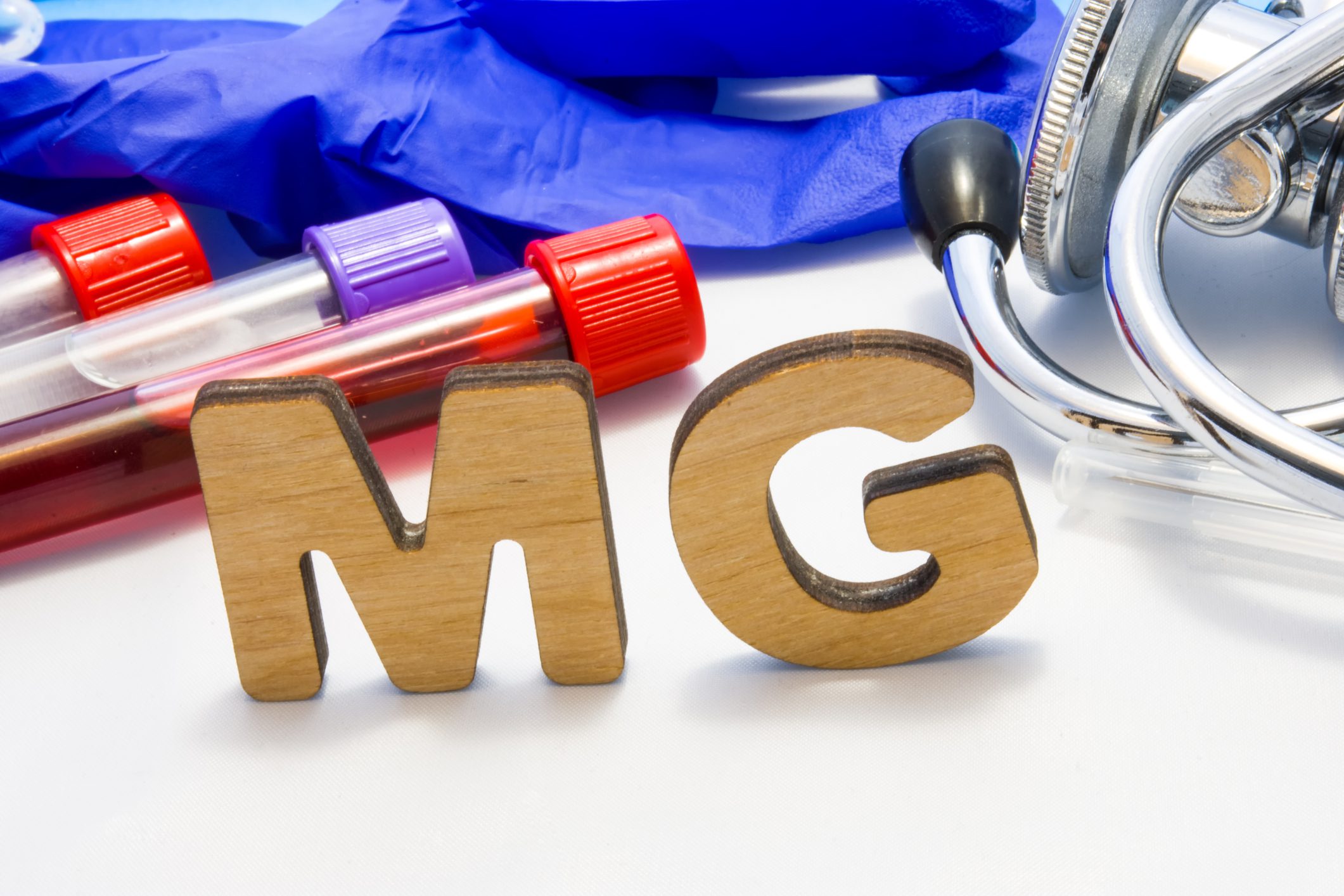The prevalence of atopic dermatitis (AD) has increased in recent decades, with children more commonly affected than adults. Even though the proportion of moderate to severe AD is comparatively low, affected individuals should receive the best possible treatment. This is because excruciating itching and extensive eczema often lead to enormous suffering for the entire environment. TREATkids is a prospective cohort study collecting data on pediatric patients with moderate to severe AD in routine care.
The international web-based study, The Epidemiology of Children with Atopic Dermatitis Reporting on their Experience, assessed the prevalence of atopic dermatitis (AD) in a total of 65 661 children and adolescents aged 6 months to 18 years [1]. 21 331 of the participants were in the 6-months-to-6-years-old age group, 22 238 children were 6-12 years old, and 22 092 were 12 to <18. AD prevalence was assessed using the International Study of Asthma and Allergies in Childhood (ISAAC) criteria and self-reports/parental disclosures of physician-diagnosed AD. Severity was assessed using the Patient Global Assessment (PtGA) and the Patient-Oriented Eczema Measure (POEM).
Moderate to severe AD leads to high burden of disease
Across the pediatric study population, the proportion of diagnosed AD cases was 9.8%. Among children 6 months to <6 years of age, 12.1% were documented; among those 6 to <12 years of age, 13.0%; and among those 12 to <18 years of age, the prevalence rate was 14.8% [1]. The percentage of moderate AD varied between different geographic regions and was, for example, 28.8% in Spain and 55.0% in Germany. The prevalence rates for severe AD were relatively low, ranging from 0.9% to 14.9%, but for children and adolescents as well as their environment, such a problem represents a particular burden [1]. In addition to the significantly altered skin appearance, excruciating itching often interferes with sleep and the symptomatology as a whole can lead to interpersonal tension. School performance can also suffer from the disease. This shows that effective treatment adapted to the severity is something very important [2].
| On the occasion of this year’s annual meeting of the German Society of Dermatology (DDG), the current status of the TREATkids database (subproject of TREATgermany) was reported until October 2022. By this time, 23 centers had recruited children and adolescents aged 0 to 17 years with moderate to severe AD according to the UK Working Party diagnostic criteria , an Objective Scoring for Atopic Dermatitis (oSCORAD) >20 despite guideline-compliant local therapy and/or anti-inflammatory systemic therapy for AD within the past 24 months before inclusion in the registry. There were 267 patients included, of which 51.3% (n=137) were female. The mean age was 8.0 years (SD 5.3). Interim analyses at the baseline visit showed an oSCORAD of 38.0 (MW; SD 14.2), an EASI score of 13.4 (MW; SD 9.7), and a mean pruritus of 6.1 (SD 2.9; numerical rating scale 0-10). No gender differences were found. 34.1% (n=91) had rhinoconjunctivitis and 22.5% (n=60) had bronchial asthma as comorbidities. |
| according to [3] |
Registry data contributes to improving care
In the Germany-wide registry TREATgermany, data from patients with moderate or severe AD have been collected since 2016. In 2020, this registry was expanded to include the TREATkids subproject, which additionally included children and adolescents [3]. Registry studies are a valuable source of information for finding out more about the efficacy and safety of therapeutic interventions under real-life conditions in routine care. In addition to clinical and patient-reported parameters, the course of the disease and therapy is documented.
| In March 2023, the first empirical data on TREAT Switzerland Atopic Eczema Registry were published. The initiators of the study are convinced that TREAT Switzerland will make a valuable contribution to the treatment and care of AD patients. The lead investigator is Prof. Dagmar Simon, M.D., Senior Physician, University Department of Dermatology, Inselspital Bern. After inclusion of the first 6 patients, this is a useful survey with valuable content from the participants’ perspective. The implementation is perceived as simple and the time required of 20-30 minutes is rated as tolerable/feasible. Filling in the online questionnaires is modern and ecological. From the point of view of the physicians/examiners, the handling is simple and logical and the questionnaire convinces with a good structure. The TREAT Switzerland website aims to inform patients, physicians and the public about the current status of the patient registry and to act as an access protal to the registry database: ww w.treatswitzerland.org |
| according to [4] |
In Switzerland, the TREAT Switzerland registry was launched as a counterpart to TREATgermany (box) [4]. Among other things, it is hoped that the registry data will provide further “real-world” insights into the efficacy and safety of systems therapeutics in the respective patient collectives. Of the state-of-the-art systemic therapeutics (biologics and JAK inhibitors), dupilumab is so far the only active substance approved by Swissmedic for <18-year-old AD patients. Namely, dupilumab is approved in Switzerland from 6 years of age for moderate to severe AD [5]. In the EU, dupilumab can be used in the indication AD from 6 months of age [6]. Moreover, tralokinumab and upadacitinib are approved in the EU for patients 12 years of age and older, whereas in Switzerland these therapeutic options are only approved for patients 18 years of age and older.
Congress: DDG Annual Conference
Literature:
- Silverberg JI, et al.: Atopic dermatitis in the pediatric population: A cross-sectional, international epidemiologic study. Ann Allergy Asthma Immunol 2021; 126(4): 417–428.e2.
- «Atopische Dermatitis bei Kindern und Jugendlichen», Prof. Dr. med. Eckard Hamelmann. Forum Sanitas, 2021/1, pp. 32–34.
- Abraham S, et al.: Erste Ergebnisse des TREATgermany/TREATkids Registers: Baselinecharakteristika, Erkrankungsschwere und -historie der registrierten Kinder und Jugendlichen mitmoderater bis schwerer Atopischer Dermatitis. FV04/07, Deutsche Dermatologische Gesellschaft (DDG), 26.–29.04.2023.
- TREAT Switzerland Atopic Eczema Registry www.treatswitzerland.org/2023/03/14/erste-
erfahrungen-mit-der-registerstudie-treatswitzerland-in-bern, (letzter Abruf 14.07.2023) - Arzneimittelinformation, www.swissmedicinfo.ch, (letzter Abruf 14.07.23).
- Newsom M, et al.: New and Emerging Systemic Treatments for Atopic Dermatitis. Drugs 2020; 80: 1041–1052.
DERMATOLOGIE PRAXIS 2023; 33(4): 39












